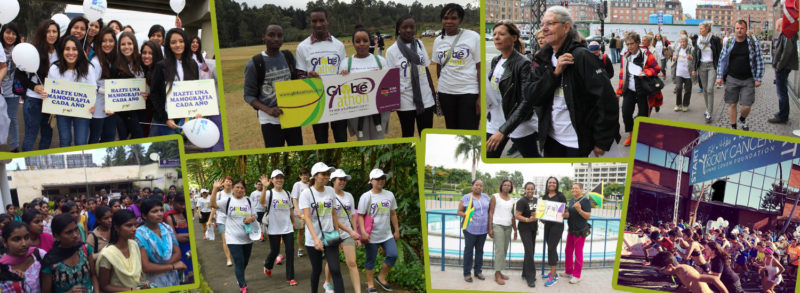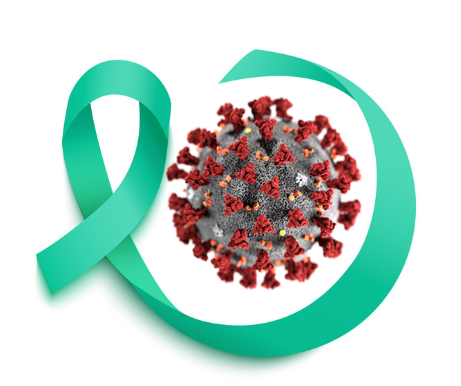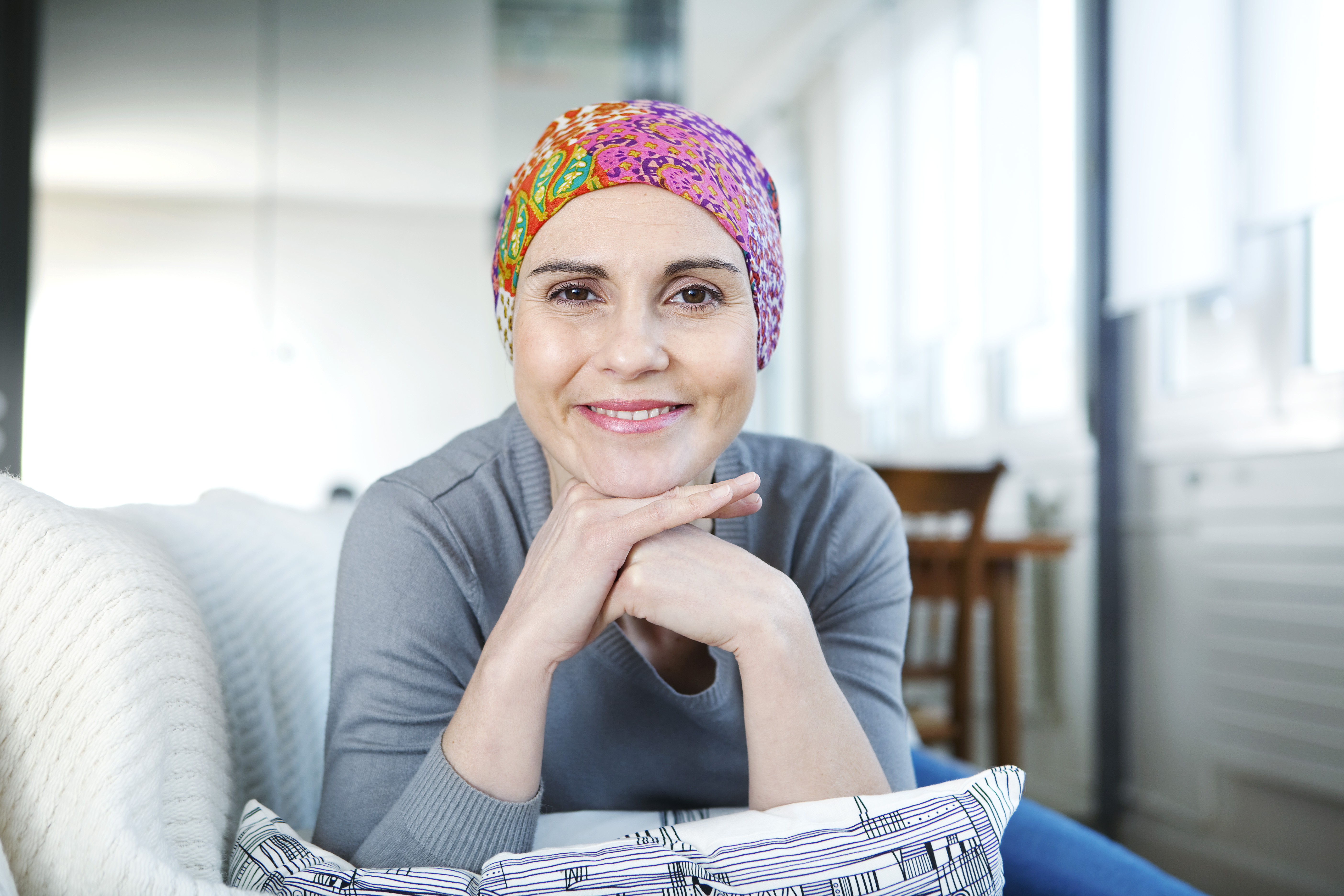A MESSAGE FROM DR. LARRY MAXWELL
As a gynecologic oncologist, my life is similar to others in my profession and involves clinical activities, administrative obligations, education related responsibilities and research efforts. After losing my grandmother to ovarian cancer several years ago, I recognized an opportunity to diversify my contributions to my profession further through advocacy.
I was able to work with the Society of Gynecologic Oncology and the Foundation for Women’s Health in starting the National Race to End Women’s Cancer which has been held annually in Washington D.C. for almost 10 years, becoming a seminal fundraiser for our specialty. I worked with several gynecology oncologists who as talented musicians were able to form the rock band, No Evidence of Disease (N.E.D.). I assisted in the fund-raising and production of an award-winning documentary on the band which has been televised in millions of households throughout the Americas.
These successful efforts led me to recognize that the international landscape was an even greater opportunity and at the same time even more challenging. In an effort to tear down the silo activities and promote advocacy alignment, we started the Globe-athon to End Women’s Cancer and unified physician leaders, survivors and advocates worldwide as an integrated network with a common purpose: to raise awareness of gynecologic cancer and to educate the public on screening, prevention and intervention.
When I originally briefed the IGCS President at the time (Richard Barakat), he enthusiastically supported the concept and provided me with a list of a few dozen email addresses for physician leaders throughout the world as a start point. Over the course of the first year, I was able to recruit engaged stakeholders from 63 countries into the movement. The successful commitments almost always involved a physician champion teamed up with either a patient survivor, family member of a cancer patient, or a cancer activist. Physicians are almost always overextended which requires having grateful patients and community leaders to share in the planning and oversight of activities. The type of event wasn’t critically important and was often influenced by the culture and social norms of the specific location. It was about assembling groups of people, large and small, in recognition of the problem.
We have organized overnight walks in Washington and Japan, climbing events in Alaska and Macedonia, rowing events in Serbia, cycling events in the Netherlands and the United Arab Emerites, and walks all over the world. In cultures where crowd assembly was not favorably supported without extensive government approvals, we organized seminars and talks. Overall, our last organized event was aligned with activities in over 80 countries, the majority of which had never had a gynecologic cancer-related event prior to the Globe-athon. We had some events with only 150 participants and others with several thousand.
Globe-athon had a female astronaut provide a public service announcement from the International Space Station and we received a letter of congratulations from President Obama highlighting the attention that the grassroots movement had been able to create. Although Globe-athon’s social media following has grown to over 117,000 followers on Facebook, we have to do better. Written materials, radio broadcasts and television appearances related to Globe-athon have reached over 200,000,000 people worldwide, but we can reach more.
Over the past several years, research investigation and standardization of clinical care has become more globally coordinated and integrated. When it comes to advocacy, leaders in gynecologic oncology need to take a similar stance in working together. When we work separately, our voice(s) is small but when we are unified we become an unprecedented movement with a very loud voice. By becoming engaged, we transcend advocacy in becoming activists working on behalf of the patients we serve and in memory of those who we will never forget. In highlighting the challenges of gynecologic cancer in many areas of the world, we are also able to focus on the rights women have to equal healthcare and gender empowerment.
In partnership with the IGCS, Globe-athon is promoting a call to action amongst its members to get involved and be engaged. I used to think that my contributions to my profession would be made in the OR, in the lab or in working with my hospital administration. However, I’m convinced that the biggest opportunity that each of us has is through promoting advocacy and becoming activists in support of our patients. Please reach out to me by email and join our Globe-athon team in making a difference that will be unprecedented. george.maxwell@inova.org. We need each and every one of you.
Globe-athon is proud to partner with Smart Patients, an online community where patients learn from each other about their cancer journeys. On Smart Patients, you can discuss issues raised in this blog post and beyond. Join here: https://www.





